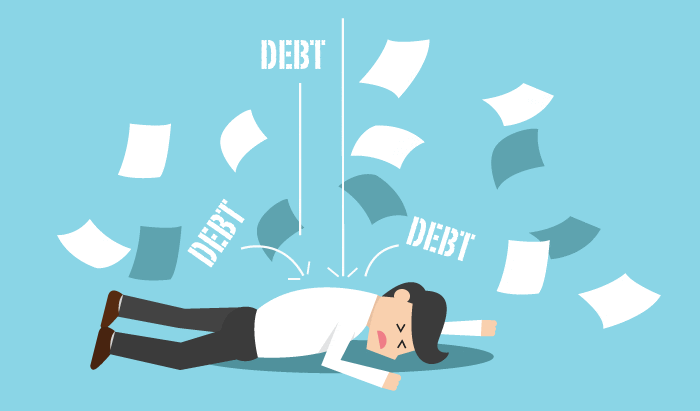Debt can feel like a heavy cloud hanging over your head. It’s not just about numbers on a statement—debt can deeply affect your mental health, making anxiety, stress, and even depression a part of your daily life. While many people focus on the financial side of things, there’s another important part that often gets overlooked: how to take care of your mind while you work on your money. Addressing both at the same time can create a powerful path to recovery.
How Debt Relief Companies Can Ease More Than Just Your Finances
If you’re drowning in debt, reaching out to debt relief companies can be a smart first step. These companies negotiate with creditors on your behalf to lower payments or create manageable repayment plans. That financial help alone can lighten your load, but what’s sometimes missed is how much reducing money stress can positively impact your mental health.
When your financial burden feels smaller or more controlled, it becomes easier to think clearly and focus on healing emotionally. Knowing there’s a plan in place can bring a sense of relief that makes a huge difference in your day-to-day mood.
Why Mental Health and Debt Are Connected
Debt doesn’t just affect your wallet—it can also influence how you feel about yourself and your future. Constant worry about bills, calls from creditors, or mounting balances can cause serious anxiety. This stress sometimes pushes people toward unhealthy coping mechanisms like overeating, excessive drinking, or avoidance behaviors.
It’s a vicious cycle because those coping methods rarely fix the problem and can make things worse, both mentally and financially. Breaking that cycle means understanding that mental health care is just as important as financial care.
Counseling: More Than Just Talking About Feelings
When debt is weighing heavily on your mind, counseling can be a lifesaver. A professional counselor or therapist offers more than a listening ear—they can teach you strategies to manage stress, anxiety, and depression linked to money worries.
Counseling helps you recognize and stop unhealthy coping behaviors. For example, instead of ignoring bills or hiding from financial problems, you learn ways to face them with calm and confidence. This new mindset is critical because taking control of your debt often means taking control of your emotions first.
Building a Support System Around You
No one should have to face debt and mental health struggles alone. Friends, family, or support groups can be powerful allies. Talking openly with people you trust reduces the shame and isolation that often come with debt.
Support groups focused on financial recovery or mental health provide a safe space to share experiences and advice. Sometimes just knowing others have faced the same challenges—and come out the other side—can give you hope and strength.
Developing Healthy Money Habits That Protect Your Mental Health
Part of controlling debt and your mental health is creating habits that support both. For instance, setting up a simple budget helps you know where your money is going and prevents surprises that cause stress. Small wins, like making a payment on time or saving a little, can boost your confidence and reduce anxiety.
Also, avoid “emergency” spending as a way to cope with emotions. This might be tempting, but it usually leads to regret and deeper financial trouble. Instead, find healthier outlets like exercise, hobbies, or mindfulness practices that reduce stress without hurting your wallet.
Use Professional Help Wisely
Besides debt relief companies and counseling, there are other professionals who can help you regain control. Financial advisors can assist in creating a long-term plan, while credit counselors specialize in helping people stuck in debt.
The key is to find trustworthy, transparent help. Some debt relief services and counseling programs might charge fees or make promises that sound too good to be true. Always research and ask questions so you know what you’re getting into.
Recognizing When You Need a Break
Taking care of your mental health means recognizing when you need to step back and rest. Debt problems can feel urgent, but pushing yourself too hard without breaks can lead to burnout.
It’s okay to take a day off from worrying about finances. Use that time to recharge—read a book, spend time with friends, or simply relax. A clear mind makes better financial decisions.
Celebrate Progress, Not Perfection
Debt recovery and mental health improvement don’t happen overnight. Celebrate your progress, even small steps forward. Whether it’s paying down a portion of debt, sticking to a budget for a week, or simply asking for help, each win counts.
Perfection isn’t the goal—sustainable progress is. Being kind to yourself along the way makes the journey easier and more successful.
In Conclusion: Your Mind and Money Deserve Attention
Taking control of debt is important, but don’t forget that your mental health is just as crucial in this process. Counseling, support networks, and smart financial help like debt relief companies work best when combined with self-care and emotional awareness.
When you treat your mental health and money issues together, you create a stronger foundation for lasting change. It’s not always easy, but with the right support and habits, you can break free from the stress and build a future where both your mind and your finances are healthier than ever.




